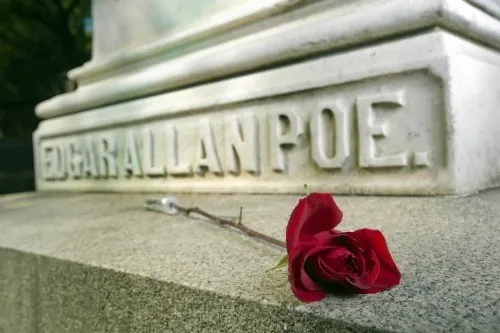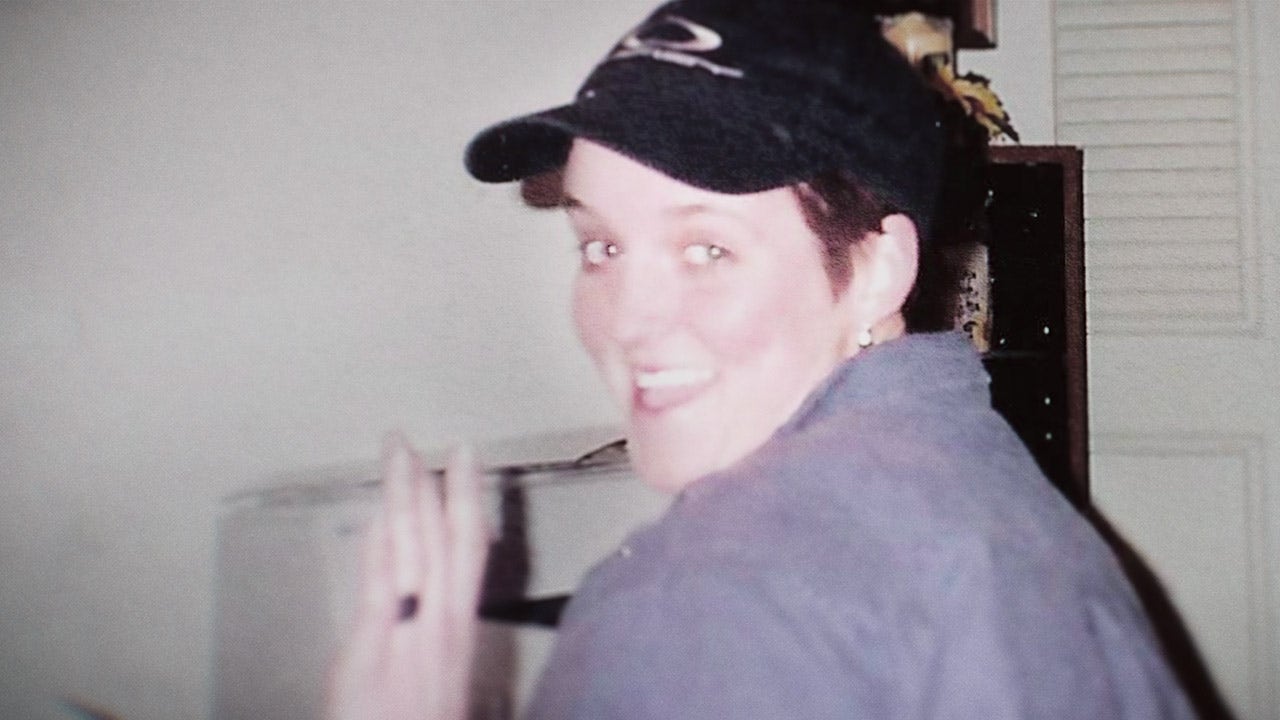Copyright The Austin Chronicle

I was not the only innocent person on death row in 2004. Among others, I was there with Robert Springsteen. We were all victims of a system that often gets it wrong. Finding out that Michael Scott, Robert Springsteen, Maurice Pierce, and Forrest Welborn did not commit the yogurt shop murders is a scary reminder that our criminal justice system is broken. Two of the four, Michael Scott and Robert Springsteen, gave what we now know are false confessions and were convicted after jury trials. Scott was sentenced to life in prison and Springsteen was sentenced to death. The convictions of Scott and Springsteen were overturned only because a higher court ruled that the trial court erred in permitting the confessions of each to be used against the other. Had the evidence been presented differently, the convictions would not have been overturned and further investigation by law enforcement would have ceased. Both Scott and Springsteen would still be in prison and the identity of the real killer, Robert Brashers, would never have been discovered. Unfortunately, the criminal legal system getting it wrong is not unique. Since 1989 there have been 3,747 exonerations and more than 34,800 years lost to wrongful convictions in the United States. I was one of those; I was sentenced to death and imprisoned for 18 years for a crime I didn’t commit. Travis County is not an outlier. In less than five years, District Attorney José Garza has identified eighteen people who were potentially wrongfully convicted in Travis County. Five have already been granted relief, and thirteen people are in various stages of litigation to clear their names. One example is Andre Allen Causey. When Mr. Causey was convicted of the homicide of Anita Byington in 1992, the only evidence against him at his trial was his alleged statement. An investigation by the District Attorney’s Office and the Texas Innocence Project revealed that DNA excluded Mr. Causey and witnesses came forward implicating another person who acted alone. Mr. Causey’s case has since been dismissed and he has been exonerated. Other cases include Rosa Jimenez, who was convicted of murder for what science proved to be an accident. Just a few weeks after her conviction, another Latina woman named Carmen Mejia was similarly convicted of a crime that experts now also say was an accident. When the system gets it wrong, lives are forever destroyed. An exoneration alone is just the first step in a long journey of healing. It’s why I started the Peer Navigator Project, which empowers individuals and families impacted by the criminal justice system to achieve lasting stability and opportunity so that people can begin to rebuild their lives once released. Yet individual support for those wrongfully charged is not enough. After I was exonerated, I filed a bar complaint against the prosecutor in my case for his actions that led to my wrongful conviction. The state bar agreed with me, and he lost his license to practice law. As I told The Texas Tribune, “It’s about holding everyone responsible, and this is all part of it.” I had a moral and ethical obligation to ensure that what the prosecutor did in my case wouldn’t be repeated. Apologies and acknowledgement of wrongdoing by law enforcement and the prosecution is a good first step to taking responsibility. While D.A. Garza has apologized to the four falsely accused men, the silence from the city of Austin and the Austin Police Department on the wrongful convictions for the yogurt shop men is deafening. But apologies are not enough. Until the persons or processes that led to the wrongful convictions of Mr. Scott and Mr. Springsteen are thoroughly investigated and reviewed, justice cannot be served for the additional victims of the yogurt shop murders. Not only is it owed to the four of them, but it’s owed to the family members of the victims, the jurors who have to live with convicting innocent men, and the Austin community. Anthony Graves is a nationally recognized criminal justice reform advocate, author, and the 138th person exonerated from death row in the United States. He spent 18.5 years behind bars, 12 of those in solitary confinement. Following his exoneration, he has turned his trauma into purpose as the president and founder of the Peer Navigator Project. Got something to say? The Chronicle welcomes opinion pieces on any topic from the community. Submit yours now at austinchronicle.com/opinion. This article appears in November 7 • 2025.



